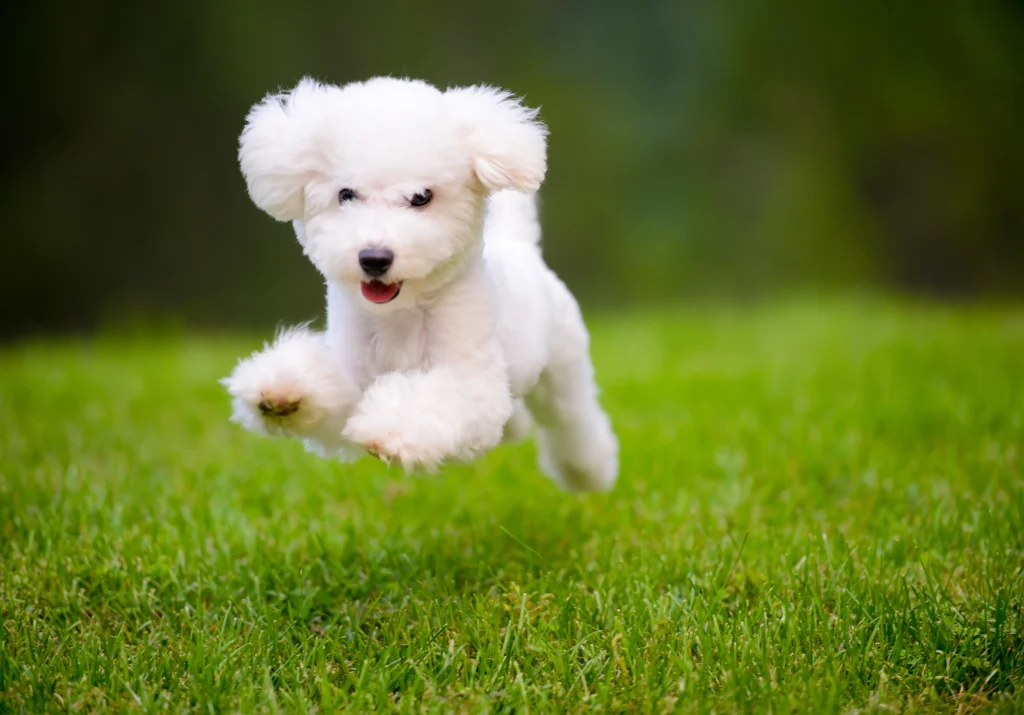Dog socialization training is crucial for both puppies and dogs, influencing behavior, reducing fear and aggression, and fostering essential social skills for confident adulthood. Early exposure to stimuli and positive interactions helps prevent behavior issues and anxiety disorders. Gradual exposure, reinforcement, and socialization training for dogs aid in developing social skills for adult dogs. Exposure to different environments enhances adaptability, prevents fear responses, and boosts confidence in various settings. Understanding the importance of socialization is key to raising a well-rounded and sociable pet.
Benefits of Early Puppy Socialization
- Shaping Behavior: Critical for a dog’s lifelong well-being.
- Playgroup Activities: Foster appropriate social cues, communication skills, and bite inhibition.
- Relationship Building: Reduces fear or aggression towards unfamiliar dogs.
- Preventing Phobias: Exposure to various environments prevents anxiety disorders in adulthood.
- Creating Resilient Adults: Builds confidence and adaptability in navigating human and canine worlds.
Socialization Techniques for Adult Dogs
- Gradual Exposure: Introduce new environments and controlled interactions.
- Reinforcement: Utilize rewards to associate positive outcomes with new experiences.
- Obedience Training: Fundamental for managing social settings and ensuring safety.
- Structured Activities: Group obedience classes and supervised playdates enhance social skills.
- Consistency: Exposure to new experiences and reinforcement of positive behaviors.
Importance of Exposure to Various Environments
- Adaptability: Shapes behavior and responses in different situations.
- Outdoor Adventures: Enrich sensory experiences and promote mental stimulation.
- Preventing Anxiety: Exposure to diverse environments reduces fear and anxiety responses.
- Improved Social Skills: Early exposure leads to better behavior in various settings.
Impact of Socialization on Behavior
- Temperament Development: Influences interactions with the environment and beings.
- Behavioral Issues: Well-socialized dogs exhibit fewer problems like aggression or anxiety
- Behavior Modification: Training techniques help adapt dogs to new environments.
- Positive Reinforcement: Encourages desired behaviors and aids in socialization.
Building Healthy Relationships Through Socialization
- Trust Building: Establishes trust with owners and other animals.
- Communication Skills: Develops understanding of body language and social cues.
- Establishing Boundaries: Teaches appropriate behavior for respectful interactions.
- Promoting Positive Experiences: Associates interactions with joy and comfort, strengthening relationships.
In summary, socialization is essential for puppies and dogs to develop into well-adjusted, confident, and sociable companions. Early exposure, positive reinforcement, and structured activities contribute to shaping behavior, preventing anxiety disorders, and building healthy relationships. Consistent socialization efforts throughout a dog’s life are crucial for their overall well-being and adaptability in various environments.
Frequently Asked Questions
Can Socialization Prevent Aggression in Dogs?
Early intervention through proper socialization can help prevent aggression in dogs. Positive reinforcement and professional training are key components in behavior modification. Socialization exposes dogs to various stimuli, reducing fear and reactivity.
How Often Should I Socialize My Puppy or Dog?
Socialization frequency for puppies and dogs is key to their development. Regular exposure to various stimuli helps prevent behavioral issues. Incorporating positive training techniques during socialization sessions fosters confidence and good manners. Socialization benefits include improved behavior and enhanced social skills.
What Are Some Signs That My Puppy or Dog Is Not Socialized Enough?
Signs of insufficient socialization in a puppy or dog may manifest as behavioral issues like aggression or excessive fearfulness. Lack of interaction with other animals or people, and a tendency towards isolation, can also indicate a need for more social exposure.
Can Socialization Help With Separation Anxiety in Dogs?
Training techniques and behavior modification strategies can be instrumental in addressing separation anxiety in dogs. Professional help from a certified dog trainer or behaviorist can provide tailored solutions, while DIY methods may be effective with consistent implementation and positive reinforcement.
How Can I Socialize My Puppy or Dog With Other Pets in the Household?
When introducing a new pet to others in the household, it’s essential to proceed with proper introductions and gradual exposure. Supervised interactions coupled with positive reinforcement can help build positive associations and foster harmonious relationships between pets.
Conclusion
In summary, socialization plays a vital role in shaping a puppy’s and dog’s behavior, helping them to develop healthy relationships and adapt to various environments.
Early puppy socialization and ongoing exposure to different situations are essential for promoting positive behaviors and preventing fear or aggression.
By implementing effective socialization techniques, pet owners can make certain their furry companions grow into well-adjusted and confident animals.

